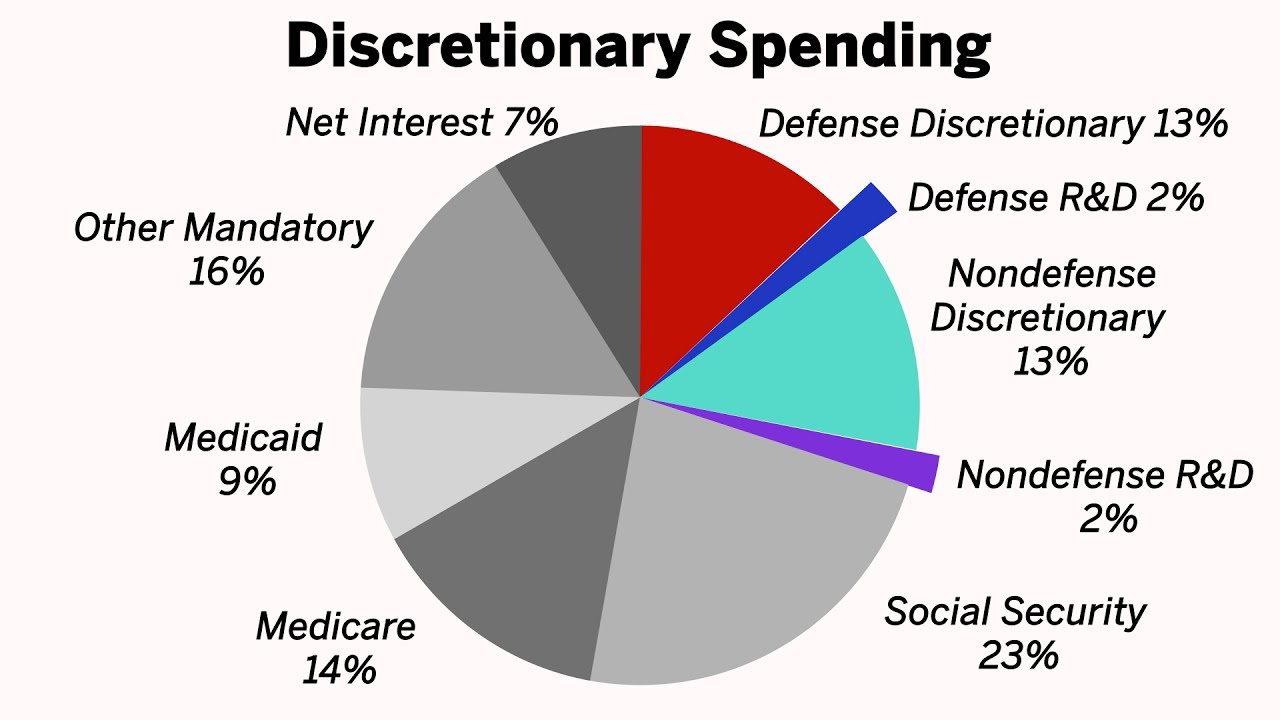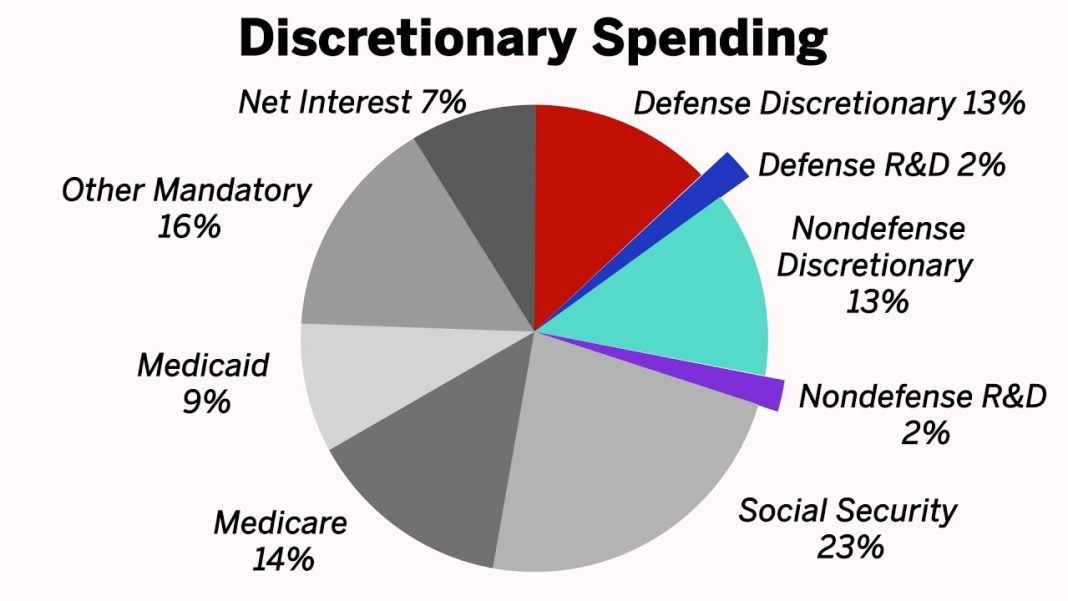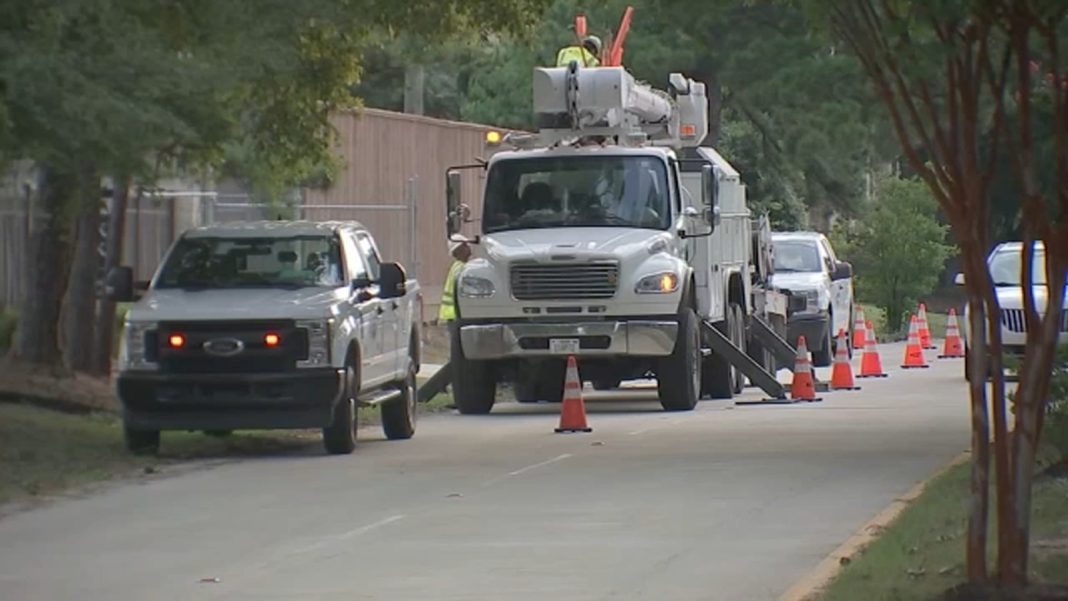 Introduction:
Introduction:
The federal budget has received criticism from retailers and accountants for its lack of support for small businesses during a cost-of-living crisis. The Institute of Public Accountants (IPA) and the Australian Retailers Association (ARA) expressed disappointment in the budget’s failure to adopt their proposed changes, such as expanding the small business tax rate and investing in vocational training. However, CPA Australia acknowledged the steps taken in the budget to support small businesses, such as initiatives for cyber-security and the rebranded MyGov platform. Despite the concerns, there were also commendations for tax cuts and energy bill relief.
Challenges Faced by Small Businesses:
The CEO of IPA, Andrew Conway, highlighted the challenges faced by small businesses and emphasized the need for government assistance. Currently, there are 2.5 million small businesses in Australia, contributing over $500 billion to the economy and employing around 5.2 million people. However, according to research by CPA Australia, small businesses in Australia lag behind other countries in the Asia-Pacific region in terms of innovation and technology adoption.
Initiatives in the Budget:
The budget allocated funds for various initiatives aimed at supporting small businesses. This includes $25.3 million to improve payment for small businesses and $23.3 million to boost productivity and prevent payment redirection scams. Additionally, $20.5 million was earmarked for the Fair Work Ombudsman to help small business employers comply with workplace laws. The budget also allocated $60 million to the Productivity, Education, and Training Fund to support activities that enhance workplace productivity.
Support for Clean Energy Transition:
The government recognized the importance of clean energy transition and allocated $62.6 million in Energy Efficiency Grants for the Small and Medium-Sized Enterprises program. This initiative provides funding of up to $25,000 for businesses to undertake energy upgrades. Furthermore, an additional $290 million was allocated to extend the $20,000 instant asset write-off for depreciating assets until June 30 next year, addressing labor and skills shortages faced by small businesses.
Investment in Skills and Education:
To address skills shortages, the government announced an investment of $88.8 million to provide fee-free TAFE places in courses relevant to the construction sector. Additionally, 300,000 places in areas of priority skills will be made available. These measures aim to support small businesses by ensuring a skilled workforce.
Commendations for Tax Cuts and Energy Bill Relief:
Despite the concerns raised, there were commendations for certain aspects of the budget. ARA CEO Paul Zahra praised the reduction of income tax rates and the provision of energy bill relief. The Australian Food and Grocery Council (AFGC) also commended the budget’s focus on manufacturing and the potential for modernizing the sector through green technologies.
Looking Ahead:
In June 2024, the government plans to explore options for a National Small Business Strategy during the Small Business Ministers’ Meeting. This strategy aims to create a coordinated and cohesive national approach to supporting small businesses.
Conclusion:
While the federal budget received criticism for not fully addressing the needs of small businesses, it did include several initiatives and allocations aimed at providing support. The concerns raised by organizations such as the IPA and ARA highlight the ongoing challenges faced by small businesses in Australia. However, there were also commendations for measures such as tax cuts and energy bill relief. The budget’s allocation of funds for skills development and clean energy transition demonstrates a commitment to addressing key areas of concern. As the government explores options for a National Small Business Strategy, there is hope for a more comprehensive approach to supporting small businesses in the future.


